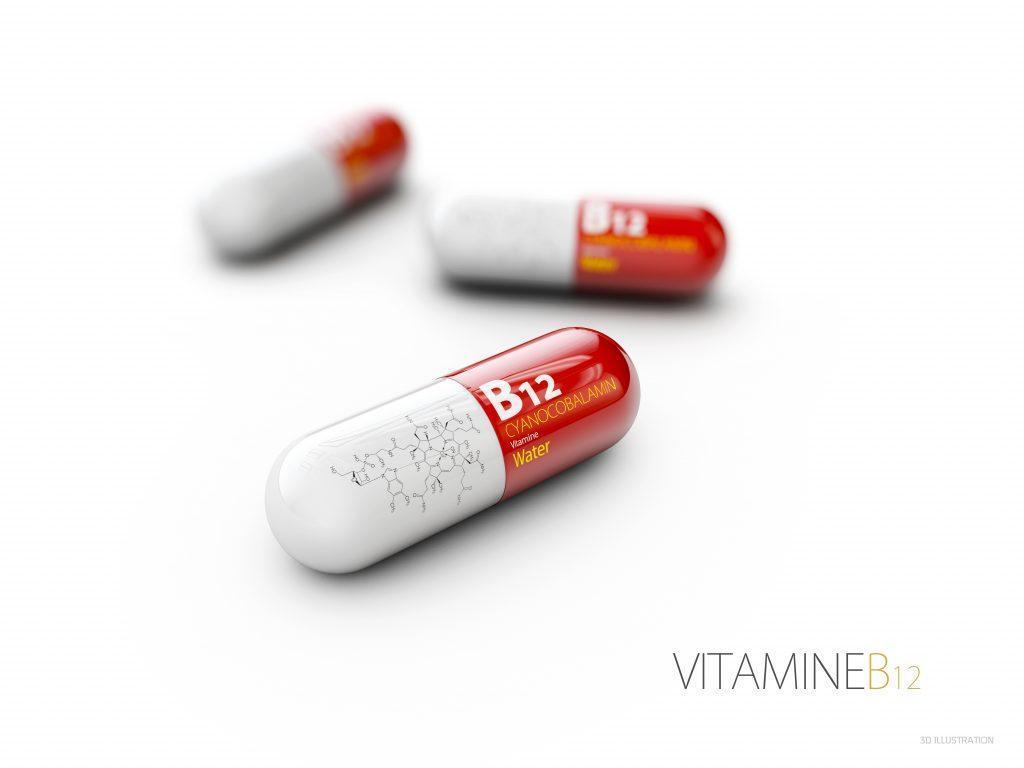
Why you should care about B12, the less famous cousin of the vitamin family. B12 builds your DNA, pumps red blood cells, and keeps the nervous system healthy. Besides making your skin and hair gorgeous, B12 reduces the risk of a heart attack and puts you in a happy mood by keeping depression at bay. It sounds like an important vitamin, isn’t it?
A healthy adult needs about 2.4 mcg daily, while pregnant and nursing mothers need about 2.6- 2.8 mcg. In India, B12 is endemic, with 47% of north Indians deficient and about 70% of adults battling some form of b12 deficiency.
Identifying B12 deficiency is tricky, as it skillfully masks, making you feel you have simply had a long day. So beyond the common symptoms, look for pale skin, depression/mood swings, imbalance and change in mobility, vision problems, numbing and tingling in fingers, and poor memory.
The workings of B12, a unique water-soluble vitamin
Generally, water-soluble vitamins (B-group and C) are not stored in the body and pass via the urine. However, B12 is an exception. Once absorbed, B12 binds to a protein (transcobalamin II), stays within the body, and a range of tissues store it, with 50% B12 found in the liver. The storage system is so efficient that only around 0.1% of B12 is lost daily. So even if you no further take B12, your stored reserves could last up to three years if you are healthy.
Spilling the beans on all the misconceptions
Many animal foods such as meat, fish, and eggs and dietary supplements like low-fat milk and yogurt are rich in B12. However, the biggest misconception is that, unlike non-vegetarians, vegans and vegetarians can only get their daily dose with supplements and fortified cereals. It doesn’t matter whether you are an exclusive plant-eater or a meat-eater; if your body doesn’t absorb B12 efficiently, you will become deficient.
Poor gut health, stress, lack of sleep, processed food and chemicals, and imbalanced stomach acids in your body all lead to failure in synthesizing B12. To know more about gut health, check out our article Feeling Good Begins In The Gut.

The only thing vegans need to do:
While you can’t directly get B12 through plant sources, good bacterial flora in your stomach takes care of this. The two best options are – Fermentation of grains, especially millets such as ragi, little millet, foxtail, and barnyard aid the process of cultivating lactobacillus, the bacteria needed for producing b12. The second best way to produce B12 is by germination (sprouting grains and legumes). Read more here – Millet Man of India.
Out and loud for you, a balanced diet will fix your daily B12 needs. Supplements of B12 are unnecessary for healthy individuals unless you are on an unusually restricted diet or you have a problem absorbing B12 from the gut.